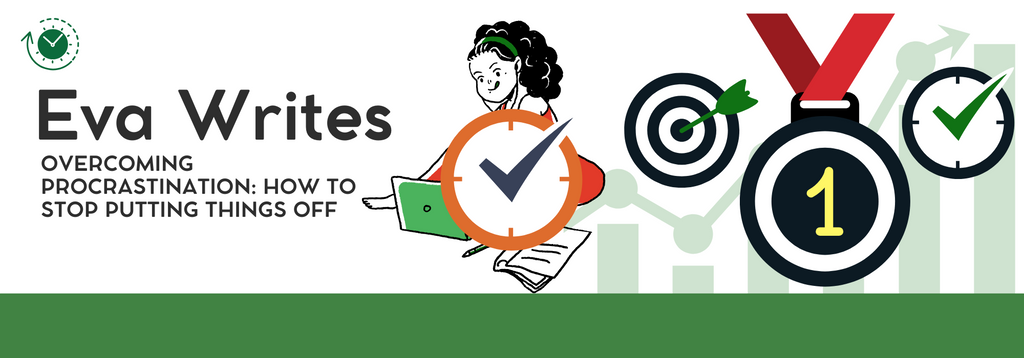Overcoming Procrastination: How to Stop Putting Things Off

Procrastination is a universal struggle that affects everyone at some point, but its consequences can be detrimental to personal growth, productivity, and even mental health. Learning how to break free from the habit of putting things off is crucial to achieving your goals and maintaining a sense of accomplishment. This guide explores the reasons behind procrastination, actionable strategies to overcome it, and how to establish habits that help you stay consistently productive.
1. Understanding Why We Procrastinate
1.1 Psychological Roots
Procrastination often stems from fear of failure, perfectionism, or feeling overwhelmed by a task. Recognizing these psychological barriers is the first step in addressing the issue.
1.2 The Role of Instant Gratification
Our brains are wired to prioritize short-term rewards over long-term benefits, leading us to choose activities that feel good in the moment rather than those that are more meaningful.
1.3 Decision Paralysis
Too many choices or unclear goals can leave you stuck, unable to take the first step toward completion.
2. Strategies to Overcome Procrastination
2.1 Break Tasks into Smaller Steps
Large tasks can feel daunting. By dividing them into smaller, more manageable steps, you reduce the overwhelm and build momentum with each completed milestone.
2.2 Use Time-Blocking Techniques
Allocate specific time blocks for tasks to create a structured routine. This helps reduce distractions and enhances focus on one activity at a time.
2.3 Implement the Two-Minute Rule
If a task can be done in two minutes or less, do it immediately. This prevents minor tasks from piling up and becoming overwhelming.
2.4 Focus on the Next Action
When you’re unsure where to start, identify the very next action needed to move forward. Simplifying the decision-making process helps you get unstuck.
2.5 Practice Self-Compassion
Stop beating yourself up for procrastinating. Instead, acknowledge the habit and take proactive steps toward change without judgment.
3. Building Long-Term Habits to Avoid Procrastination
3.1 Create Clear Goals
Set SMART (Specific, Measurable, Achievable, Relevant, Time-bound) goals to give your tasks a clear direction and deadline.
3.2 Establish Accountability
Share your goals with a friend, mentor, or coach who can check in on your progress and provide encouragement.
3.3 Minimize Distractions
Identify common distractions (social media, TV, etc.) and create an environment conducive to focused work. Use tools like website blockers if necessary.
3.4 Reward Yourself for Progress
Incentivize completing tasks with small rewards that keep you motivated. Celebrate progress instead of waiting until the final goal is achieved.
4. Tools and Techniques to Stay on Track
4.1 Use Productivity Apps
Applications like Todoist, Trello, or Notion can help you organize tasks and stay accountable.
4.2 Maintain a Habit Tracker
Tracking your daily activities provides insight into your habits and highlights areas for improvement.
4.3 Practice Mindfulness
Incorporate mindfulness techniques, such as meditation or journaling, to reduce stress and keep your focus on the present moment.
4.4 Conduct Regular Reviews
Schedule weekly or monthly reviews to evaluate your progress and refine your approach to tackling tasks.
5. Conclusion
Procrastination is not a permanent condition but a habit that can be replaced with intentional actions and a focused mindset. By understanding why you procrastinate, implementing practical strategies, and creating long-term habits for success, you can break free from the cycle of delay and unlock your full potential. Take the first step today—your goals are waiting, and so is your future self, ready to reap the rewards of your effort.
-
Posted in
#Focus, #Growth, #Habits, #Motivation, #Success







